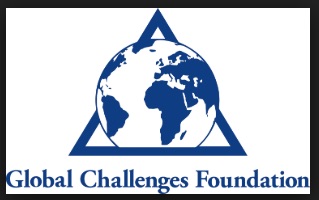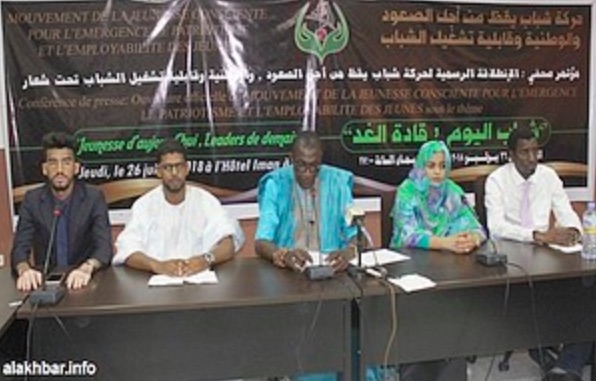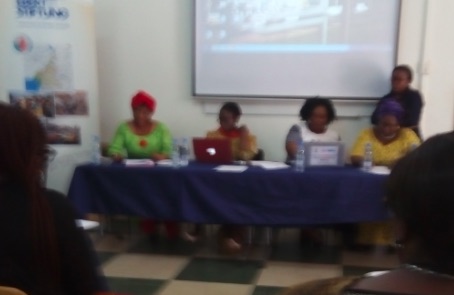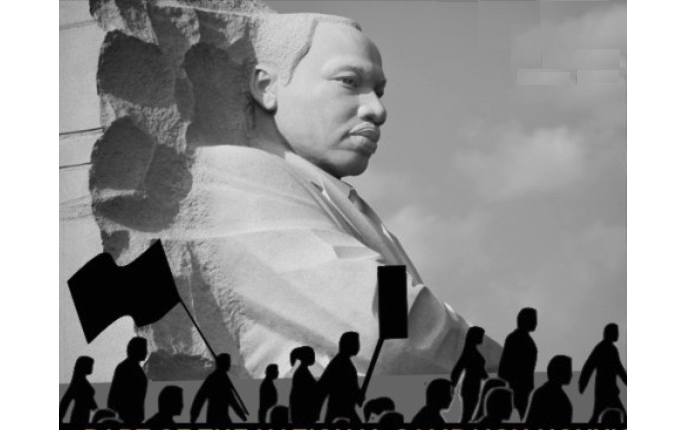FREE FLOW OF INFORMATION
Abstract of Global Governance and the Emergence of Global Institutions for the 21st Century by Augusto Lopez-Claros, Arthur Dahl, and Maja Groff
This proposal builds upon structures for international cooperation existing at least since the creation of the UN. The proposed institutions and processes aim to strike a balance between overly ambitious proposals with little chance of acceptance, and more politically feasible ones that fail to solve the multiple problems of today’s world.

We propose revisions to the UN Charter that provide the legal basis for a new system of global governance, supplemented by other reforms not requiring Charter amendment.
The powers, composition and voting method of the General Assembly (GA) are revised, giving it some powers to legislate with direct effect on member states, mainly in the areas of security, maintenance of peace and management of the global environment. These powers would be explicitly enumerated in the revised Charter, also specifying those which remain vested with member states. The system of representation in the GA is revised to enhance its democratic legitimacy.
A Second Chamber is proposed, deriving its authority directly from the global citizenry; its representatives would serve as advocates of particular issues of global concern, rather than representing the interests of their respective states. At the outset, the chamber would have advisory powers, but would be gradually integrated into the international constitutional order, attached to the GA, thus creating a bicameral world legislature.
An Executive Council, composed of 24 members, elected by the GA and operating under its jurisdiction, would replace the UN Security Council. Its focus would shift to implementation, management and effective operation of the UN. The veto power of the five permanent members of the current Security Council would be eliminated. An executive arm of the new UN, the Council would have broad authority to monitor, supervise and direct various aspects of its work in security, conflict prevention and management of the global environment, as well as other areas of priority identified by the GA. The Executive Council would provide general oversight and ensure good governance, transparency, efficiency and coherence of an effective, new UN system. The Secretary General would chair the Executive Council, facilitating continuity within the UN system and linking to the UN Secretariat.
A UN International Security Force would be created, deriving its ultimate authority from the GA via the Executive Council. This two-part Force would consist of a Standing Force and a Security Force Reserve, both composed of volunteers. The Standing Force would be a full-time body of professionals, numbering from 500,000 to 1,000,000 as determined by the GA. The Force would provide for security and promote peace around the world, firmly anchored in the notion that force may at times be necessary to deliver justice and the rule of law. It would also address one of the main flaws of our current UN system: namely, the absence of a reliable, legitimate international mechanism to enforce decisions made by the Security Council. Subject to a number of safeguards, the International Security Force will be vital to enhancing the credibility of the UN, and to preventing conflicts and maintaining peace and security throughout the world.
(continued in right column)
Question(s) related to this article:
What is the United Nations doing for a culture of peace?
(continued from left column)
The peaceful settlement of international disputes and enforcement of international law will become mandatory, giving the International Court of Justice (ICJ) compulsory jurisdiction over all substantive matters pertaining to the interpretation and/or enforcement of international law for all UN members, overturning the current requirement for states’ agreement to adjudicate. A revised Charter would also make acceptance of the statute of the International Criminal Court (ICC) mandatory. An International Human Rights Tribunal would be established for systematic, binding adjudication and review, significantly strengthening the existing weak and non-binding human rights oversight mechanisms. The substantive rights adjudicated by the international Tribunal will include key UN human rights treaties, many of which currently have non-binding individual complaint mechanisms.
To reassure the people of the world that basic individual rights will not be violated in the exercise of the UN’s strengthened mandate, a new Bill of Rights prescribing parameters for UN action would include fundamental human rights protections to be applied and interpreted by a new, specialized chamber of the ICJ.
Recognizing that a strengthened UN system with a broader set of responsibilities and institutions would need reliable funding, we propose a mechanism linking national contributions to the UN budget to a fixed proportion of indirect tax collection, similar to mechanisms currently operating in the EU. Additional funding mechanisms will be explored balancing universal participation and the ability to pay.
Implementation will require UN Charter reform, building on existing Charter amendment provisions, and mechanisms for built-in flexibility through future amendments. Most of the broader UN system of bodies, commissions, programmes and specialized agencies will be retained, evolving under the new system as necessary. A World Conference on Global Institutions in 2020 is proposed as a starting point for the reform process.
Beyond the above structural components, we address specific challenges to the global order as examples of implementation. Effective security requires general disarmament, and we propose a binding, staged approach to reduce armaments to only those needed for internal security. To address growing income inequality and begin global management of the world’s resources will require a new multilateral specialized agency. The corruption undermining effective governance requires a global response through new international implementation and enforcement tools for existing mechanisms. Education will be an important support to the reforms.
The model corrects the failures in the present UN Charter that prevent its security function from operating effectively, enabling the UN to implement the decisions taken in the global interest. It creates a legally-binding international legislative function, beginning with security, maintenance of peace, and management of the global environment, given significant current and emerging global challenges and risks, as climate change accelerates and population growth threatens planetary carrying capacity and boundaries. It places the core values necessary for a global community at the heart of international governance and action, builds on the existing positive accomplishments in global governance and international consensus, and opens the door to widespread civic participation and acceptance.
(Thank you to Transcend Media Service for bringing this to our attention.)









